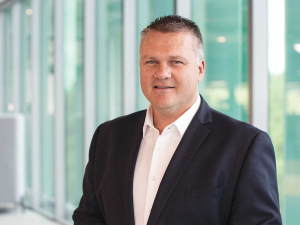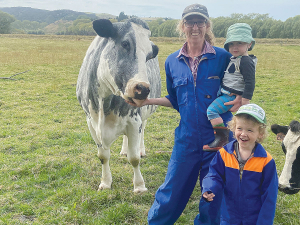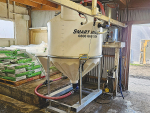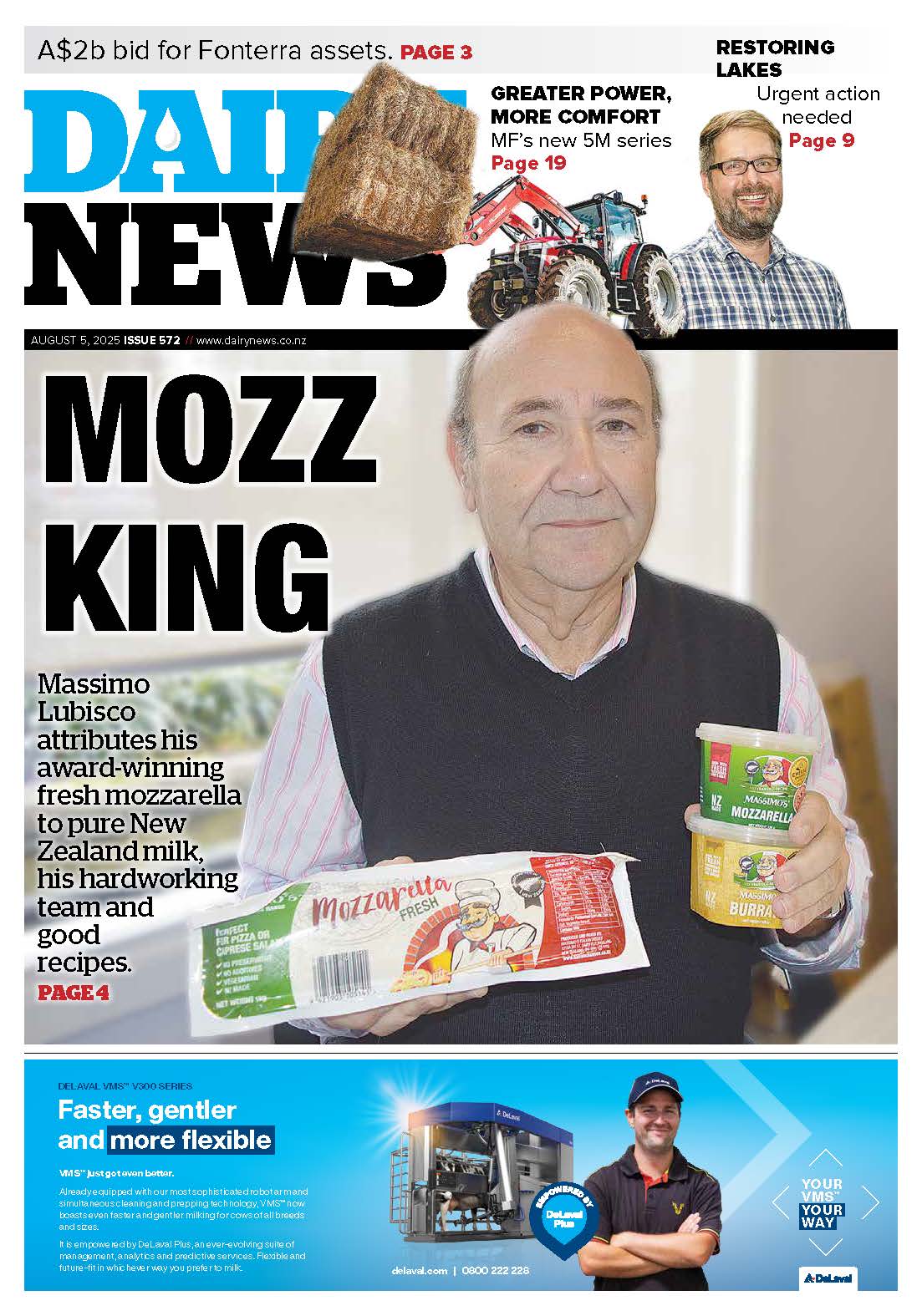Why inelegantly? As many farm owners know, while the application rate numbers in a brochure can be credible, in the real world, moving pods and sleds and boom irrigators tends to be the job of the lowest paid farmhand. And some farmhands are known to cut corners.
So while some of the better boom travellers can achieve an application depth of, say, 6mm, and pods and sled irrigators can go as low as 3mm/hour, the challenge comes not in the published application rates but in the unpublished number of days or even weeks a pod line or irrigator might stay put in one place.
Meet Ian (not his real name), who farms 590 cows on 155ha effective of non-irrigated land in a good rainfall area with reasonable draining soils.
His neighbour, Colin (not his real name) is on a larger farm (180ha effective) with the same rainfall and soil type and he has a similar approach to effluent distribution.
Six years ago each got an abatement notice for exactly the situation described: their sled rain guns were fine but their farm workers left the gear in the same place, making their council environment chappie, as you would expect, grumpy.
Wouldn't it be preferable for them to reap the advantages of a large-nozzle rain gun? They would save heaps on solids separation, and benefit from a unit whose speed across the paddock would mean the effluent delivery rate suited their soil type – absorption without ponding – and would be so easy and safe to relocate that it wouldn't get sabotaged by the farm worker who was too 'busy' to move it.
That's where Allan comes in. Four years ago, Allan Crouch, from Hi Tech Enviro Solutions, was in Italy seeking to find that country's best submersible stirrer. Here he met Federico, an enthusiastic Italian, in one of those Italian cafés you see in travel magazines – stylish, delightfully tatty, crowded with well dressed guys and their gorgeous girlfriends. And Vespas parked outside.
Federico and Allan got talking. Federico found out what Allan was looking for. Although Allan was short of time, Federico insisted he met his friend Giovanni, whose factory produced the very equipment Allan was hunting for.
So off Allan went to meet Giovanni. (Not on Federico's Vespa.)
Once there, unexpectedly, Allan saw sitting in a vice on the workbench, a gearbox and turbine unit designed for another use, but Allan could see it was the ideal unit for driving a rain gun irrigator across the ground.
Allan air freighted the heavy unit back to Hi Tech in Morrinsville, where the team went through many prototypes before coming up with the workable design for what became the Cobra travelling rain gun irrigator.
Ian installed one. Colin didn't. Ian's Cobra has now done three years of reliable service. It was Colin's farm worker over the fence who left a rain gun sled in the same place, resulting in an excessive breach and a $60,000 fine. Ouch!
Now coupled with Precision Farming's fail-safe GPS monitor controller, an added layer of reliability and accuracy can be added to the Cobra, with application and NPK data being electronically integrated with fertiliser records, displayed on the online farm map.
Federico thought he was showing Italian hospitality to a tourist with a funny Kiwi accent. Little did he know that five euros worth of espresso would save a bloke on the other side of the world sixty grand.
*Article provided by Precision Farming Ltd.















